Enhancing the curb appeal of your home can be a delightful endeavor. As someone who has tried various home improvement projects, I can attest that choosing the right exterior decorative panels can truly elevate your home’s aesthetic. Let’s delve deep into the world of exterior decorative panels and discover how they can revolutionize your home’s exterior.
What Are Exterior Decorative Panels?
Exterior decorative panels are materials used to enhance the look of a building’s facade. They come in various designs, materials, and styles, making them an essential choice for homeowners looking to upgrade their property’s appearance.
Types of Exterior Decorative Panels
1. Wood Panels
Wood panels provide a classic and warm look to any exterior. Available in different types like cedar, redwood, or pine, these panels can be stained or painted to match your home’s style.
2. Vinyl Panels
Vinyl panels are a popular choice for their durability and ease of maintenance. They are resistant to fading and cracking, making them perfect for varied weather conditions.
3. Composite Panels
Composite panels combine wood fibers and plastic, offering the beauty of wood with the durability of plastic. They are eco-friendly and come in many colors and textures.
4. Metal Panels
Metal panels, such as aluminum or steel, provide a modern and sleek appearance. They are incredibly durable and often used in contemporary architectural designs.

5. Fiber Cement Panels
Fiber cement panels are a great alternative to wood as they are resistant to termites and rot. They can emulate the look of wood but are far more durable and require less maintenance.
Key Benefits of Using Exterior Decorative Panels
- Enhanced Aesthetic Appeal: Decorative panels can dramatically alter the look of your home, adding character and charm.
- Durability: Many panels, especially composite and metal, are designed to withstand harsh weather conditions.
- Low Maintenance: Materials like vinyl and fiber cement require minimal upkeep, allowing you to enjoy your beautiful home without the hassle.
- Energy Efficiency: Insulated panels can help maintain indoor temperatures, potentially lowering your energy bills.
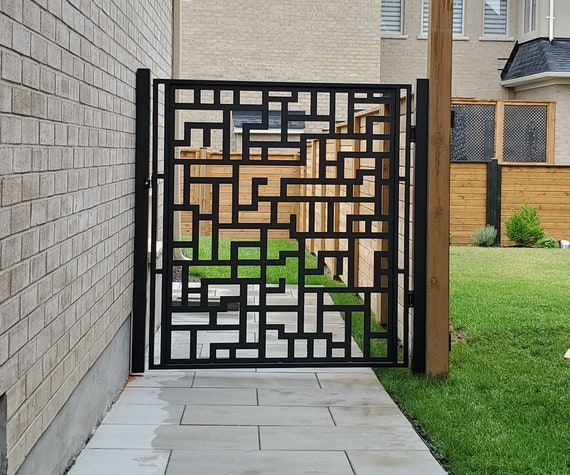
Comparing Exterior Decorative Panel Materials
| Material | Durability | Maintenance | Cost | Aesthetic |
|---|---|---|---|---|
| Wood | Moderate | High | Medium | Warm, classic |
| Vinyl | High | Low | Low | Versatile |
| Composite | High | Medium | Medium | Natural look |
| Metal | Very High | Low | High | Modern, sleek |
| Fiber Cement | High | Low | Medium | Textured, versatile |
Factors to Consider When Choosing Exterior Decorative Panels
1. Climate
Your local climate plays a significant role in determining the best material for your decorative panels. For instance, areas with high humidity should avoid materials that can warp or deteriorate.

2. Maintenance Requirements
Some materials require more upkeep than others. If you prefer a low-maintenance option, vinyl or metal might be your best bet.
3. Budget
Cost can vary significantly based on the material and installation. Make sure to consider your budget to avoid overspending.
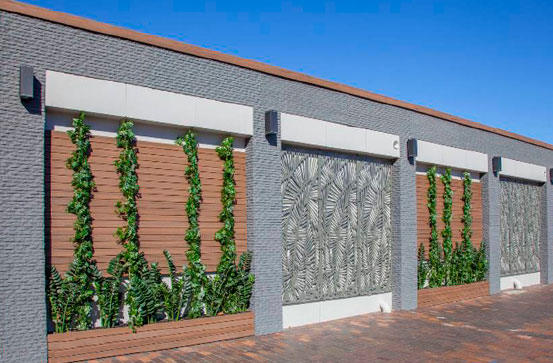
4. Aesthetic Preferences
Your home’s style should influence your panel choice. Whether you want a contemporary flair or a rustic touch, ensure the material aligns with your vision.
Installation Process of Exterior Decorative Panels
1. Preparation
Start by measuring the area where you plan to install the panels. Prepare your wall surface by cleaning and ensuring it’s free of any debris.
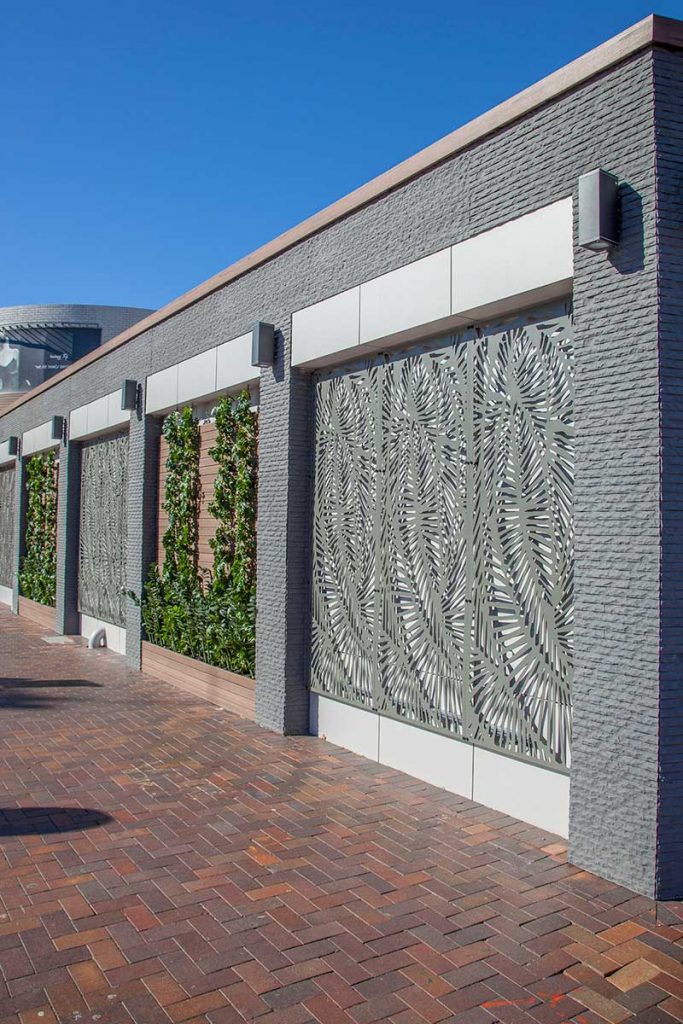
2. Choosing Fasteners
Use the right fasteners based on the material of the panel and the wall. It’s crucial to select corrosion-resistant screws for outdoor applications.
3. Panel Layout
Before attaching, lay out the panels to visualize the final look. This step allows you to make adjustments before permanent installation.
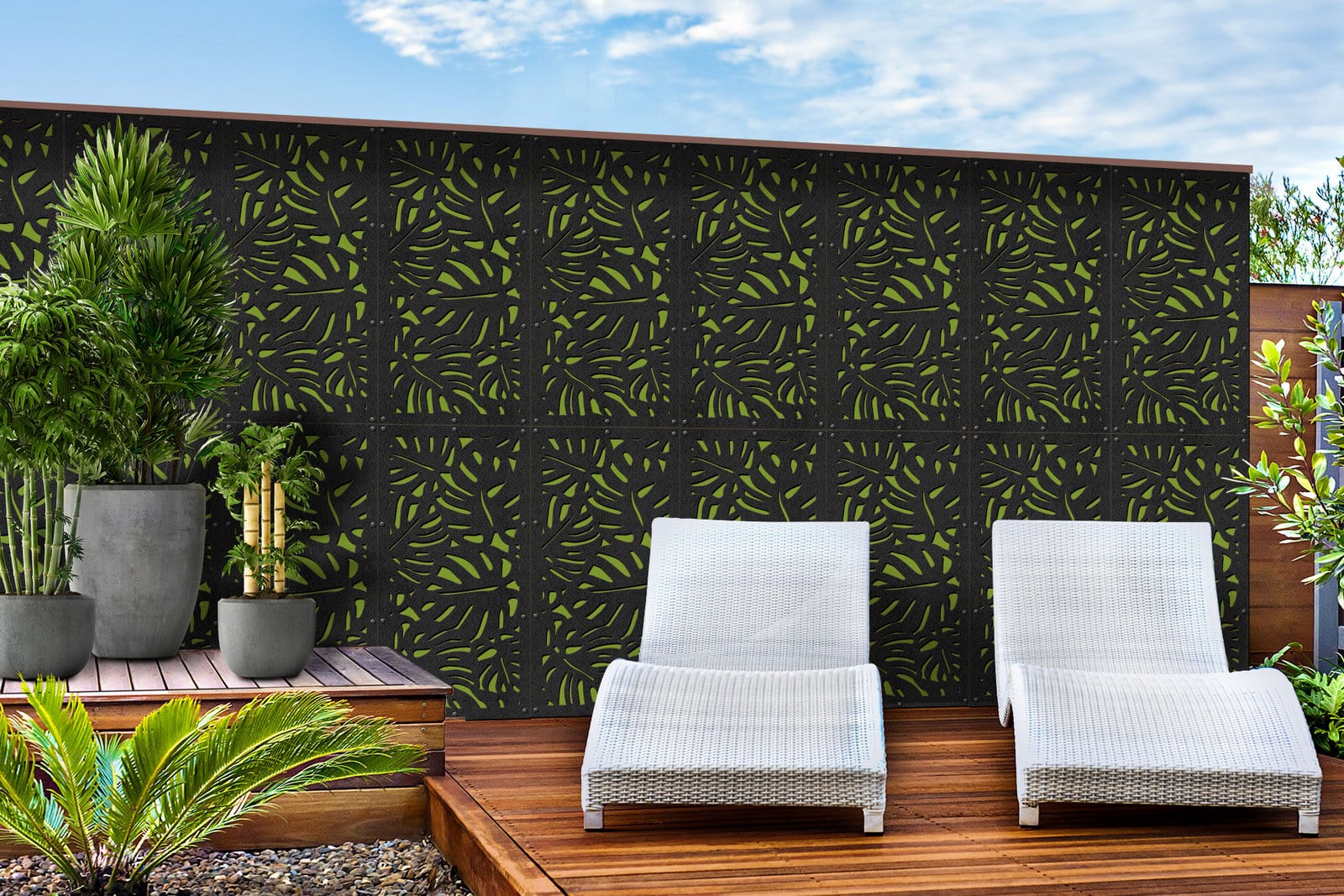
4. Securing Panels
Attach the panels starting from the bottom, ensuring they are level. Follow the manufacturer’s guidelines for spacing and securing the panels.
5. Finishing Touches
Once installed, inspect the panels for any rough edges or gaps. Finishing touches like caulking can give a polished look.
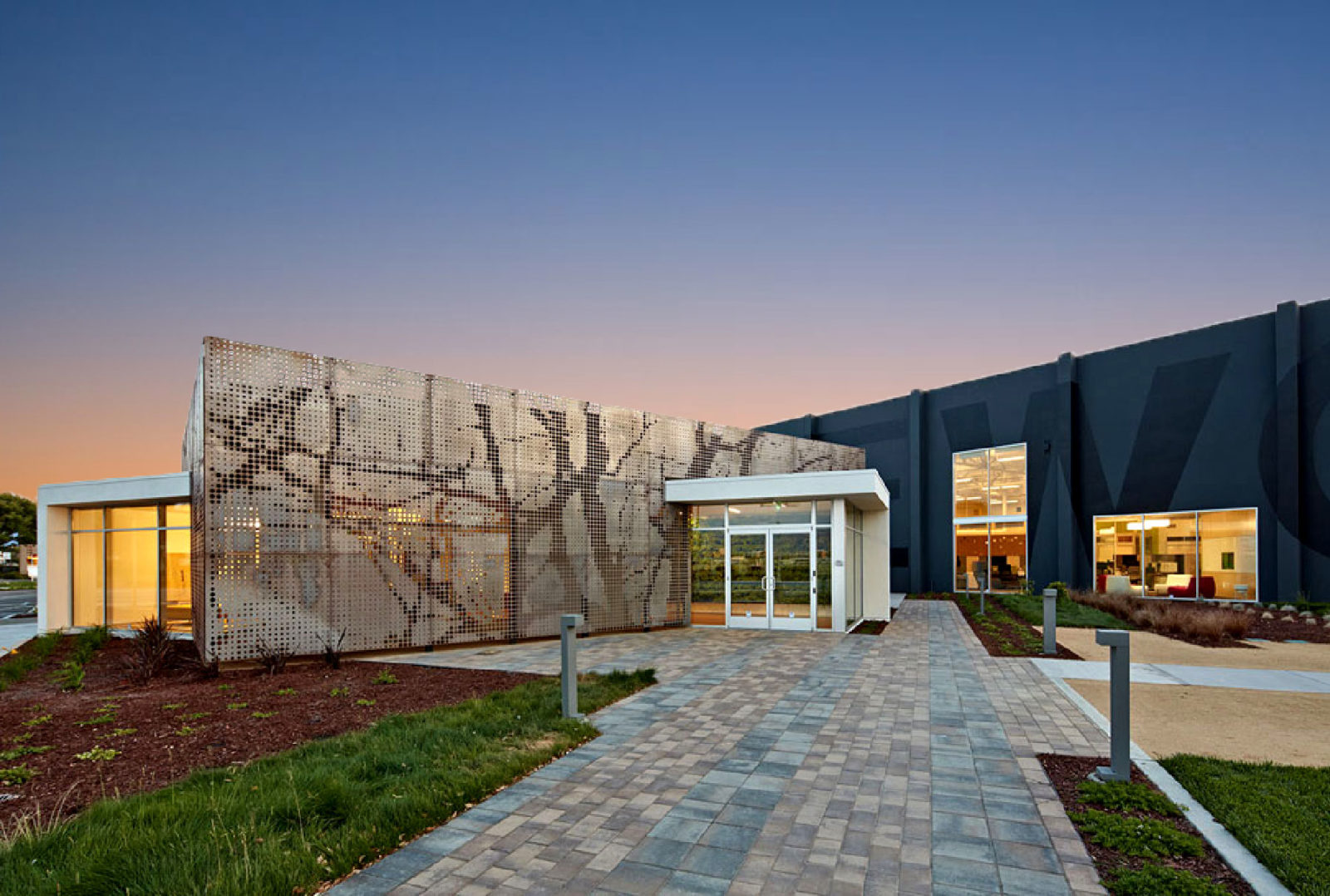
Pros and Cons of Exterior Decorative Panels
Pros
- Wide variety of styles and colors available
- Can improve your home’s energy efficiency
- Enhances resale value
- Customizable to fit any design preference
Cons
- Initial cost can be high depending on the material
- Some materials require more upkeep than others
- Improper installation can lead to damage or aesthetics issues
FAQs About Exterior Decorative Panels
1. What are the most durable exterior decorative panels?
The most durable options include metal panels and fiber cement, as they withstand harsh weather conditions.
2. How do I maintain my exterior decorative panels?
Maintenance varies by material. Generally, washing with soap and water suffices, but check the specific requirements for each material.
3. Can I install exterior decorative panels myself?
Yes, DIY installation is possible, especially for lighter materials like vinyl. However, always consult installation guidelines for optimal results.
4. Are there eco-friendly options for exterior decorative panels?
Yes, many composite panels are made from recycled materials, making them a great eco-friendly choice.
5. How much do exterior decorative panels cost?
Costs vary widely based on material and size but generally range from $1 to $5 per square foot, not including installation.